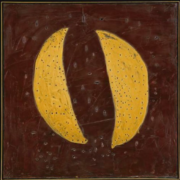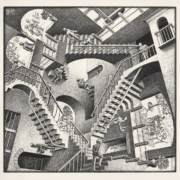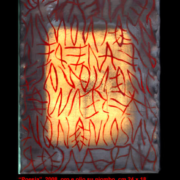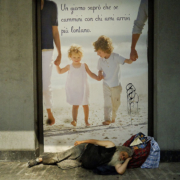“When I took drugs I felt better.” Considerations on the body, from the abuse to the therapeutic community
Abstract
The article explores the anatomy of the body dimension in drug addiction, it considers how body changes at the same pace as the transformations of relationships that the individual has with the substance of abuse and with the context.
The word anatomy, derived from the Greek ἀνατέμνω that means to cut, manages to represent the intent of the text: to dissect drug addiction in its becoming flesh.
This is an experience strongly oriented by bodily sensations than for theirs strength require – or rather impose – constant attention to the somatic aspects. This happens in the body that abuses, this happens in the abstinent body.
In drug addiction, where acting out becomes the balancing tool of negative experiences in a panorama of affective dysregulation (Porcelli, 2004), the chance to form an alliance with the body must be considered essential, because the body knows, it knows us (De Toffoli, 2001) and becomes the canvas on which elements that “have no words” find expression, elements that can recover their own dimension of thinkability in therapy.
The therapeutic community becomes the space in which this attribution of meaning can be operated, translating bodily aspects that the patient can scarcely consider or even ignore, in narratives about his experience.






